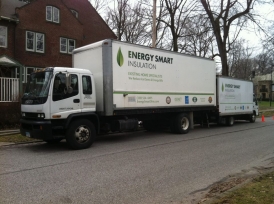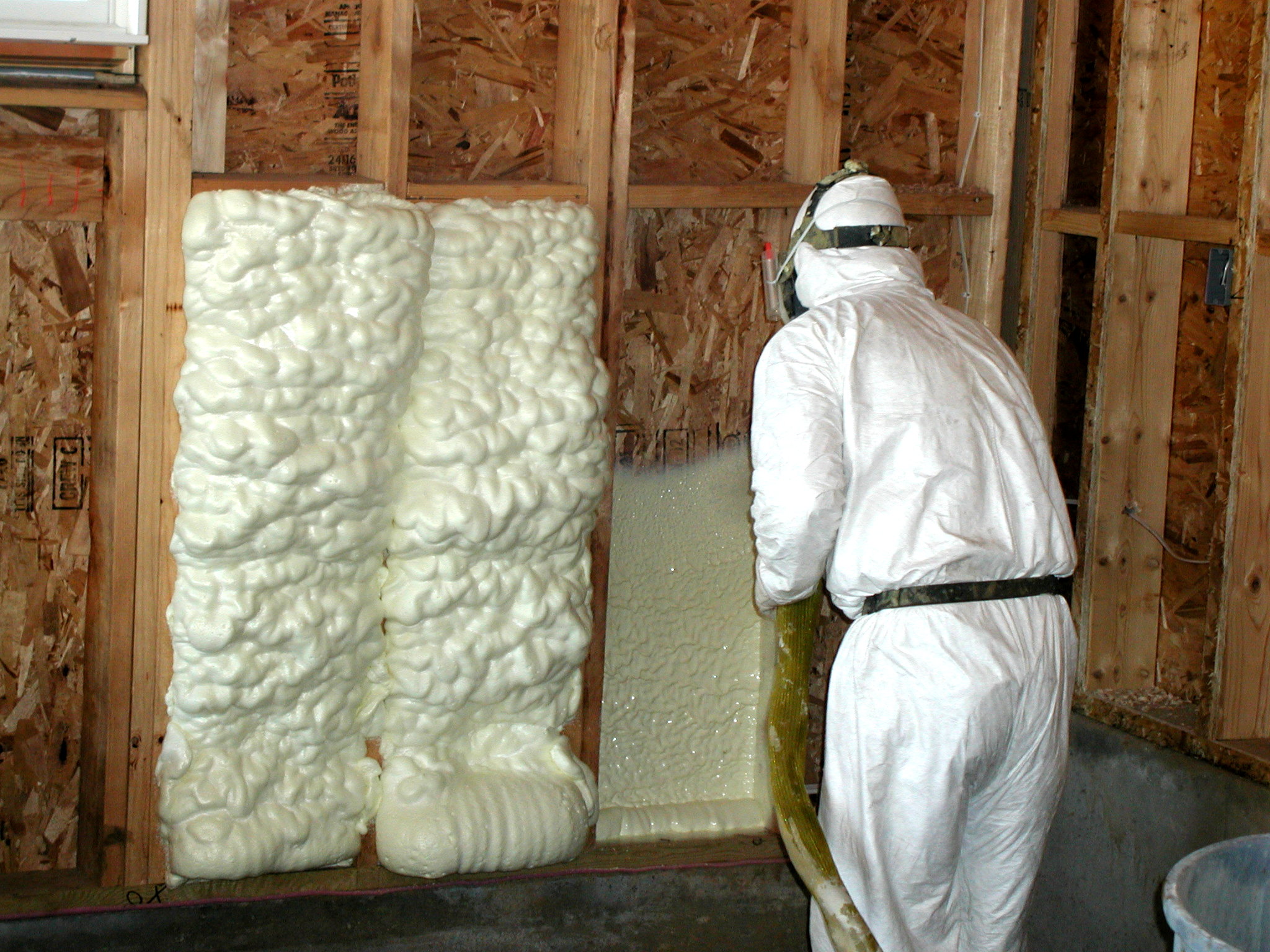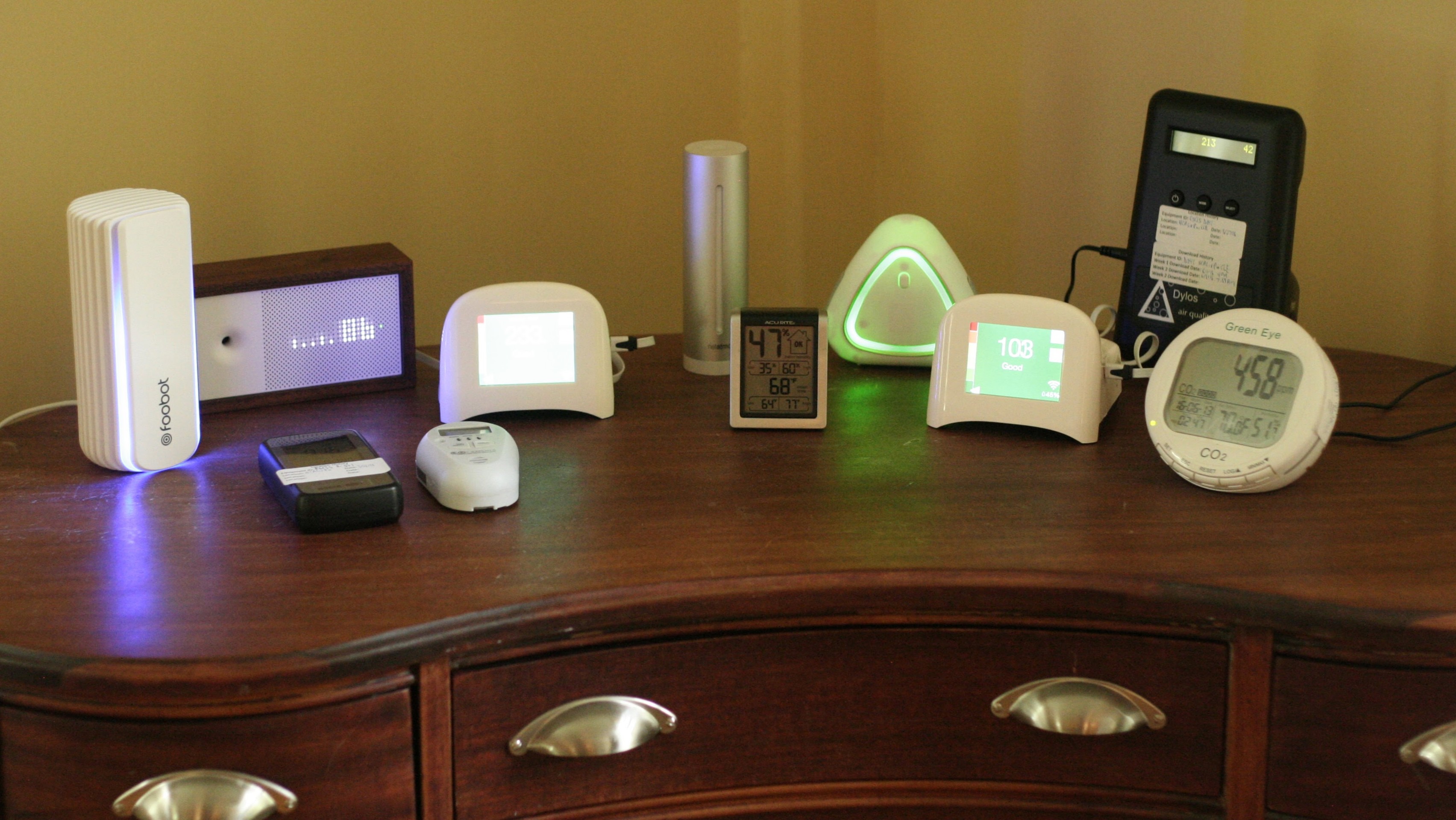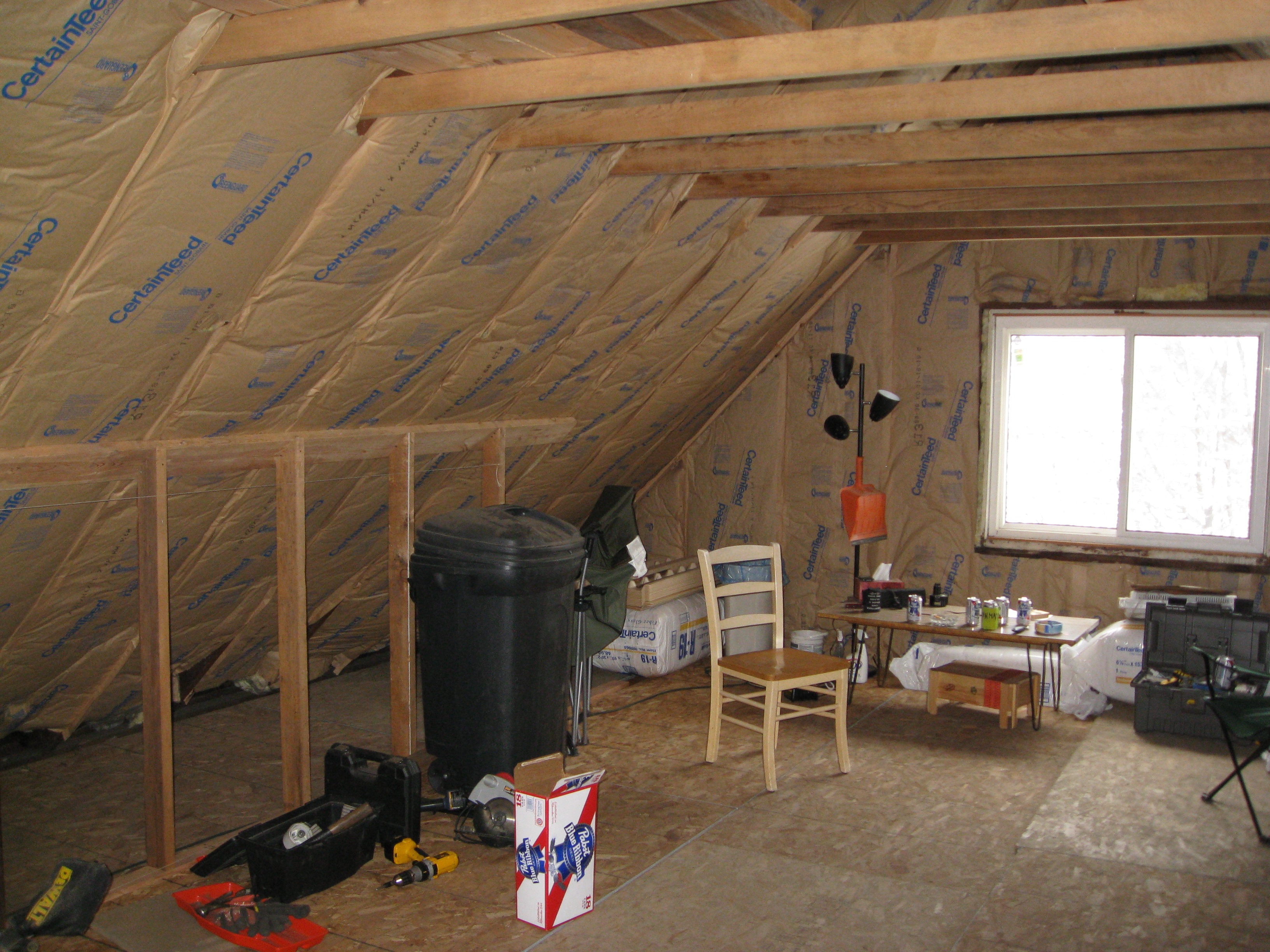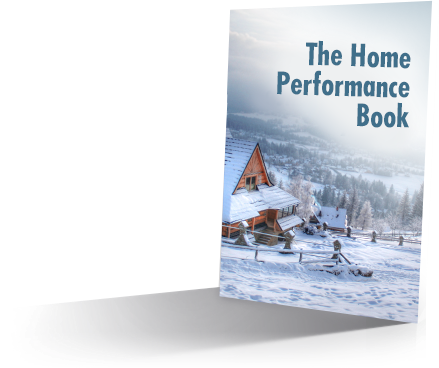Is the air outside making you sick?
Did you know that Cleveland has the 10th worst outdoor air quality (OAQ) in the country? There’s a whole list of cities in California, Cincinnati, Pittsburgh, then us. This is air that we’re all breathing, and it’s worse if you live by a major road or in a city with high population density. It can make you sick a lot more often.
According to Mother Jones, ‘nearly 44 percent of Americans live in areas with dangerous levels of ozone or particle pollution, according to the American Lung Association’s annual “State of the Air” report.’
What are ozone and particulates?
Ozone is a good thing up high in the ozone layer, but at ground level it’s a very reactive chemical that makes lots of household chemicals into very bad things. A friend of mine has cats with respiratory problems from using an ozone ‘purifier’.
Particulates are very small particles in the air. When small enough they go straight into your lungs. When a little smaller still they go straight into your bloodstream. Much of these particulates come from burning things – diesel engines make a lot of particulates, cars do as well, and wood fires also make a lot of particulates.
According to the EPA on Mother Jones, ‘Breathing them (particulates) in over such long periods of time have been linked to lung damage, increased hospitalizations for asthma attacks, increased risk for lower birth weight and infant mortality, and increased risk of death from cardiovascular disease.’ You can read more about ozone and particulates on our IAQ page.
Now I’m nervous, now what should I do?
First off, keep reading up. Look for reputable sources. The EPA has good resources on IAQ and OAQ. Take a look below the post for more resources.
Time for the Pitch
This wasn’t meant to be a fear based post, but it looks that way. We’re numbers people, and the numbers are ugly on this subject. The point is to make you aware, especially if your family seems to get sick more than they should (my own home needs help here.)
A fairly air tight home with a good filtration system can drastically improve the air that you breathe inside your home. Energy Smart helps make plans to tighten your home to keep any nasty stuff out, then figure out how to filter outdoor air coming in and filter the indoor air to keep it fresh and healthy. Then we can help get the plans done right.
There are two possible options from here, both involve testing:
-
Get an indoor air quality test to see how the air is inside your home.
-
Find out how leaky your home is with a blower door test.
Indoor air quality (IAQ) testing can be done using a number of methods, we use an Air Advice IAQ monitor for this, you can see what a test report looks like here.
A blower door test is part of our initial consultations, the first step in the process to improving your home. Blower doors test how much air your home leaks. Most homes leak far more than you would expect. If your home is leaky, outdoor air can easily sneak in through the cracks. If you live in the country, this might be fine, but if you live in the city you may not want to breathe that air.
Initial consults essentially baseline your home. You’ll learn if your houses uses too much energy or not, how leaky it is, and we’ll explore the other things you would like to solve in the home, including some you probably haven’t thought of. The next steps involve coming up with a plan for your home, then getting it done, but now we’re getting ahead of ourselves.
How Our Process Works
Watch this video, and you’ll understand how we help save you from making a number of expensive mistakes while delivering good results.
If, after a bunch of further reading and watching the video, you’re ready to start on the process of making your home a healthier place, it’s time to fill out our questionnaire to get an initial consultation or an Air Advice test.
Further Resources
American Lung Association State of the Air – The report that got referenced here has a lot of data behind it, find out more here.
Indoor Air Quality – Our page diving deep into it.
Indoor Environmental Quality – IAQ is only 1 of 6 attributes we try to deliver, the others are reduced noise, vibration, odors, comfort, and better lighting.
EPA Indoor Air Quality – Some of the best stuff out there since it has very little agenda.
Get the HVAC Guide

It's free! Make buying a new furnace, air conditioner, or heat pump less stressful.


